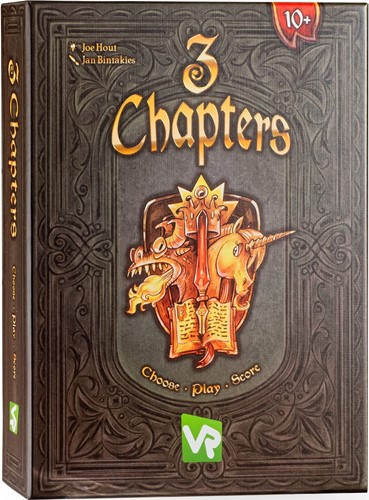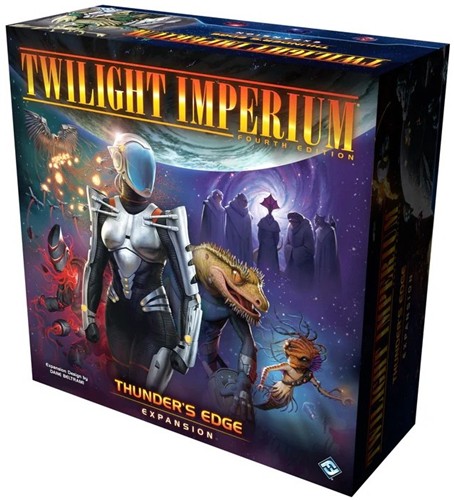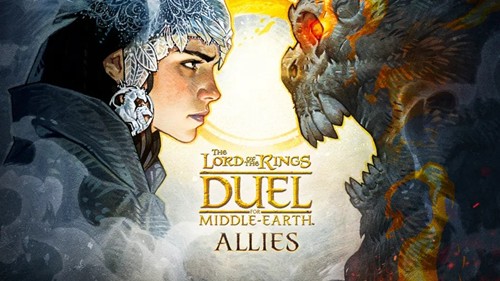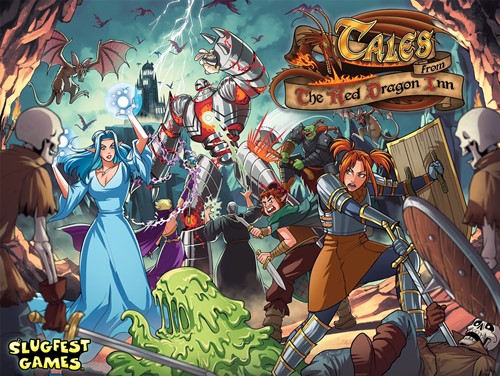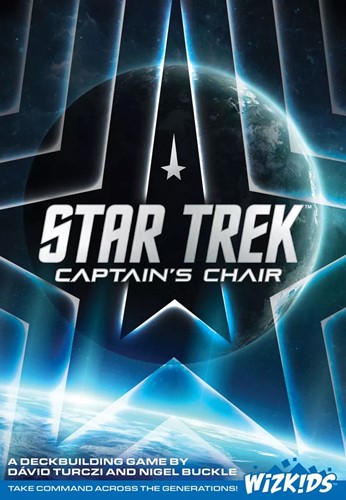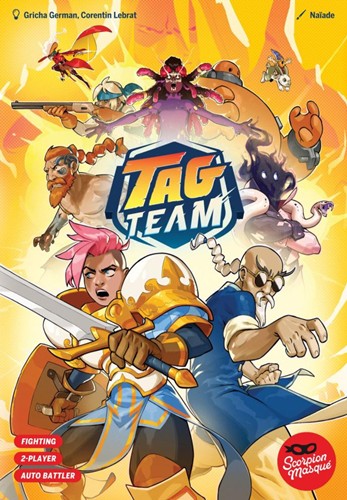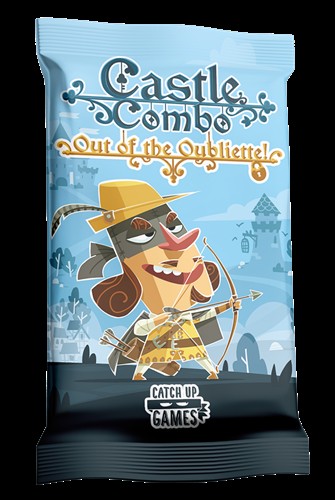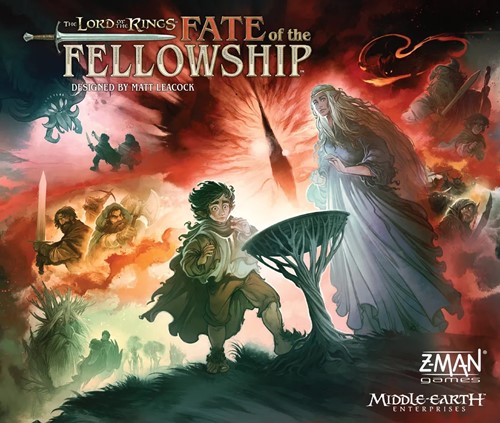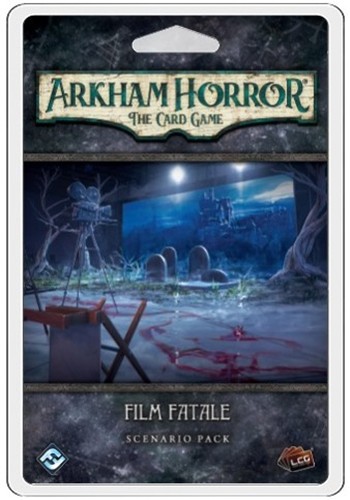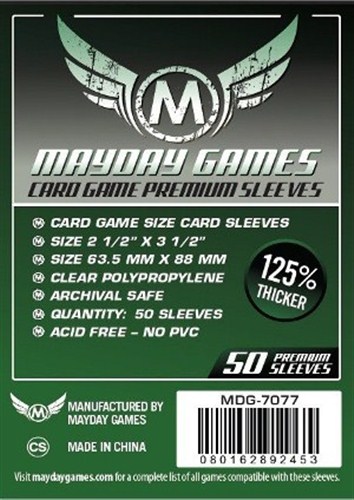The First World War in the Near East and Balkans was largely a clash of civilizations and of proud leaders intent on pursuing glory, regardless of the cost. Great Britain was at the height of its imperial power, while the Russian Empire was entering its last days, having just avoided revolution and global disgrace in 1905. The Ottoman Empire was adjusting to the Young Turks' revolution and the devastation of the Balkan Wars of 1912-1913. The Germans (Britain's primary rivals) were only too glad to bolster the Ottoman's fading power, seeing the region as ripe for economic and military exploitation. Indeed, if the Germans completed their new railroad from Berlin to Baghdad, German troops would be able to travel to India more quickly than British troops could sail from London to Bombay. German troops would also then be poised to seize southern Persia, the region which contained the British fleet's main new source of fuel -- oil. Behind all this lay the pent up ethnic and religious tensions of millennia, in countries such as Serbia, Persia, and Afghanistan, and in the countless tribes of Arabia and Northern Africa waiting for new leaders who would lead them on a holy war (jihad). The entire region was a powder keg waiting for a match.
Pursuit of Glory: The Great War in the Near East is a sequel to the original, award-winning Paths of Glory by Ted Raicer and is designed with his permission. The new game puts you in the driver's seat as theater commanders for either the British/Russian alliance or the Ottoman Empire. The action stretches from the Balkans to the borders of India, from the Black Sea to Suez. Invasions by sea, holy war, revolts, revolution await, as well as some of the most famous personages of the First World War - Lawrence, Allenby, Enver, the Grand Duke Nicholas, Churchill, Kitchener.
Take for example, the case of Jafar Pasha. He was an Iraqi Arab trained for military leadership at Istanbul and in Germany. He was decorated by the Turks, awarded the German Iron Cross, assisted in fortifying Gallipoli, and was hand picked to lead the Senussi rebellion against the British in Egypt. While engaged in this mission, he was captured and imprisoned, escaped and was recaptured, eventually winning the hearts of his British captors, for Jafar was a model of civilization and decorum. When the Arab Revolt broke out, Jafar helped recruit Ottoman POWs to join the Arab cause, and the British eventually released him for service in the Arab Revolt. He became Prince Faisal's chief of staff, leading the Arab Northern Army against the Turks, earning a decoration from the British general Allenby (his guard of honor being the very ANZAC cavalry unit that had almost killed him when he was leading the Senussi). After the war, the British installed him as Iraq's minister of defense, and he later served as Iraqi Prime Minister and as Iraq's ambassador to England, spending the night twice in Buckingham Palace. This story epitomizes the nature of World War One in the Near East. It captures the wild-eyed flavor of Pursuit of Glory - razor-edged, variable, tense, exciting.
In Pursuit of Glory: The Great War in the Near East, the Central Powers (CP) player, representing the Ottoman Empire and its allies, attempts to use his central position and initial superiority of forces to defeat his opponents early on, or to endure defensively until the enemy tires of the 'sideshow' and goes home. It is possible for the Ottoman player to win military victory or to exhaust the British Empire's patience, leading to a negotiated peace in the region - and Ottoman dominance of the region's oil at the beginning of the twentieth century. The Allied (AP) player, representing primarily the British and Russian empires, attempts to delay the Russian Revolution and bring his superior forces to bear before he is required to bring the boys back home. Of course, once the Russian Empire collapses, all bets are off -- the Turks and the Brits must race to gain control of the Caucasian and Persian regions, including the oil. The problem for the Turks is that the British blockade is crippling the Ottoman economy and the Turkish manpower pool is running dry - the longer the war continues, the fewer the Turkish recruits, the less reliable the Arab draftees, the more dependent Turkey becomes on German aid through that all-important railroad to Berlin. The problem for the Allied player is to stave off disaster long enough to build up his forces for an all-out assault, while using his naval supremacy wisely.
How does this game differ from the original? Pursuit of Glory: The Great War in the Near East uses all of the core rules from the original Paths of Glory. Players who know the original will find the new game easy to learn. The rules have been rewritten with both the newcomer and experienced player in mind. For the newcomer, the rules are clearly written, with examples and elaboration. For the experienced player, the new rules specific to Pursuit of Glory are clearly indicated, allowing him easily to skip rules with which he is already familiar. Quick Start guides will be included for both newcomers and experienced players.
There are special rules to address the issues of invasions by sea, including an entire Gallipoli sub-map. There is Holy War (jihad), allowing the Ottoman player to foster tribal uprisings and national rebellions (including the possibility of Egyptian and Indian mutinies against the British). Historically, jihad was a very conscious strategy of both the Turks and the Germans, with real efforts to gain access to Persia, Central Asia, Afghanistan, and India -- this is a key new dynamic in the game. The Russian Revolution is handled in a very realistic, yet simple manner, allowing the Allied player to postpone the revolution if he is successful militarily, especially if he achieves the age-long dream of the czars -- obtaining a warm-water port (particularly if that port is Constantinople). Units are primarily corps and divisions, with simple rules for cavalry, headquarters, German heavy artillery, and other special units, such as camel corps and armoured car detachments. The Armenian situation is not neglected. Even the Christian Assyrians of Lake Urmia make an appearance, fighting valiantly on the Allied side. Yet all of these extra features play with the same smoothness as the original Paths of Glory. Once the new systems are learned, experienced Paths of Glory players will find that they are integrated seamlessly with the original game system that they know and love. And newcomers should find the game accessible without any knowledge of the original.
We hope that the game will help you better understand the political and economic situations of today. The Middle East as we know it is the result of decisions made during the Great War, usually by white males in positions of power sitting in comfort far away. The game propounds no particular view as to the rightness or wrongness of actions by the Ottomans or Europeans, but attempts to simulate the dynamics of events objectively. As the player begins to understand these dynamics, the history of the region comes alive, greatly enhancing one's understanding of current events. The response from playtesters seems to indicate that a Western-oriented bias has been largely avoided--and this includes those familiar with the war from the Ottoman side, including one playtester in Istanbul.
What are some of the dynamics that have direct parallels to today?
the ongoing jockeying for dominance in the Black Sea, Caspian Sea, and Persian Gulf regions, culturally, politically, and economically;the vital importance of oil, especially for the naval forces of the superior English-speaking power of the day;the perceived necessity of 'proving' that the great Western powers will not capitulate to 'backwards' Muslim tribes or 'third-rate' Muslim nations - but the fact is that the public, press, and political opposition (even from your leading generals) may force you to bring the boys back home before your mission is accomplished, resulting in strategic disaster and national humiliation;the troubling importance of Persia (Iran), with Russian and Muslim influence interfering with the economic and military goals of the West;the Muslim leadership's desire that their peoples should again rise to a position of dominance in the Near East and Central Asia, thereby proving that they are the equals of the Europeans, if not their superiors;concerted efforts by the warriors of jihad to drive the infidel forces out;the rivalry between the Western powers, including acute rivalry between supposed allies (e.g., France and Great Britain);the Muslim leadership's fear that any aid accepted from the European powers will result in dependence and some form of colonialism;the inability to impose security in a region where guerilla or tribal elements can appear instantly on your lines of communication and supply, rendering the concept of a 'front' dangerous or obsolete.Each of the above statements describes the dynamics of the First World War in the Balkans and Near East. The nature of oil, power, religion, prestige remain largely unchanged today.
And, yes, for those who frequently ask - the great German battleship, the Goeben, is present and can bombard Batum successfully. The Russian Black Sea Marines can land at the Bosphorus and seize Constantinople. And Churchill can attempt to bombard the Turkish forts at the Dardanelles, then run his fleet up past The Narrows, bringing fear to the Turk and succor to the Russian, who will gladly accept British aid.
If you are looking for a game that is relevant topically, will teach you much, and will offer you a fun, tense, wild, frantic roller coaster of a ride, please consider Pursuit of Glory: The Great War in the Near East. We think you will be pleased.
Components:
1 mapdice110 card deck2 player aid cards1 sheet of Large Combat Unit counters (5/8")1 sheet of Small Combat Unit counter (1/2")1 rulebook1 playbook, with scenarios and extended example of play1 quick start guides (4-6 pages)





